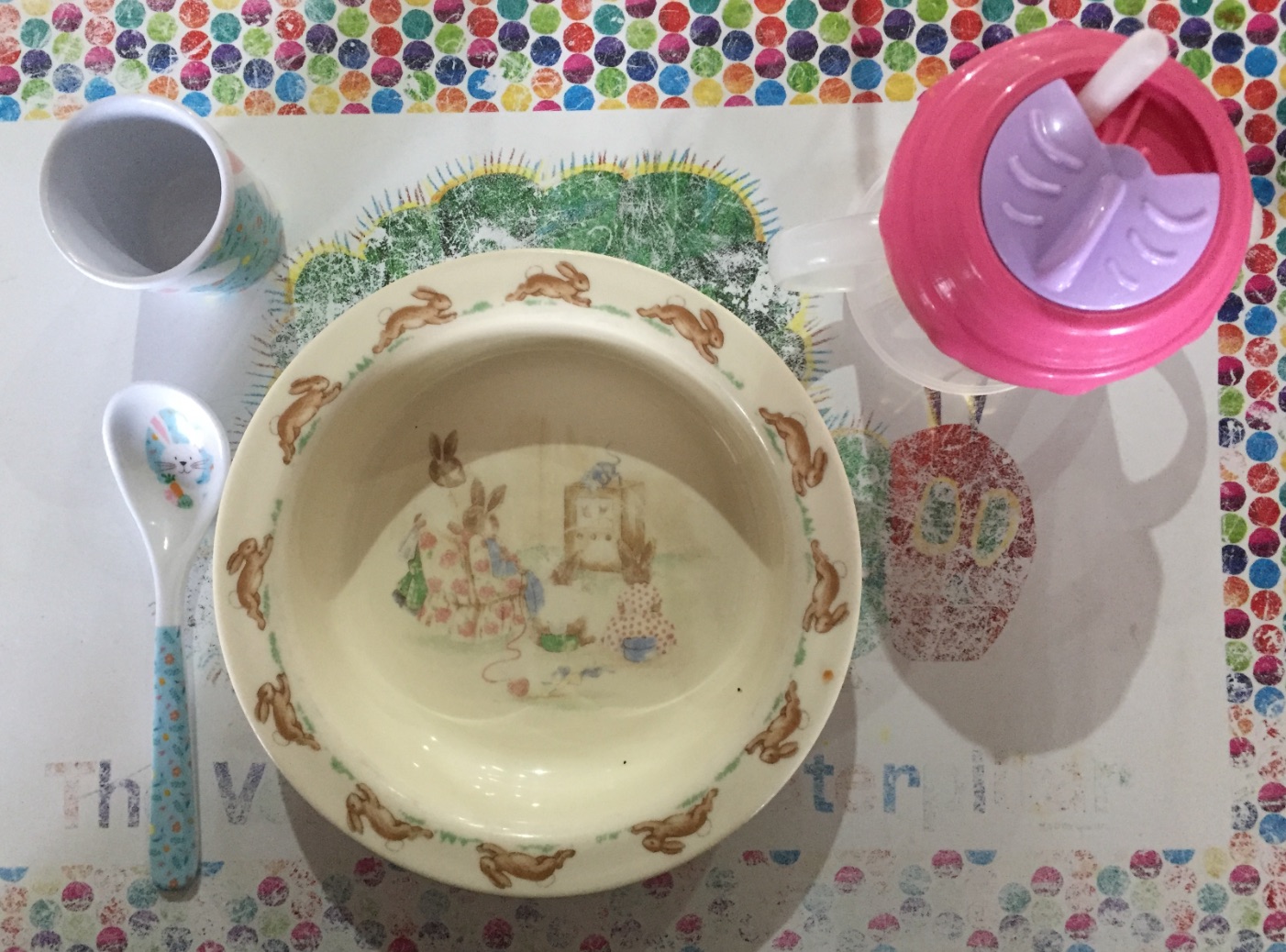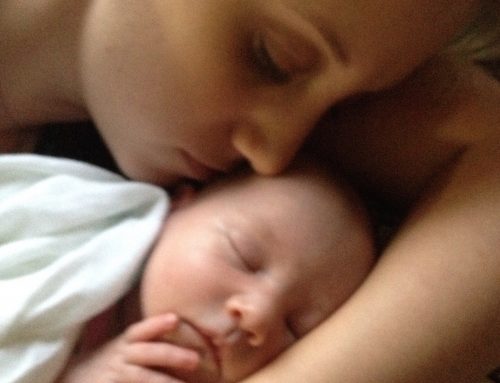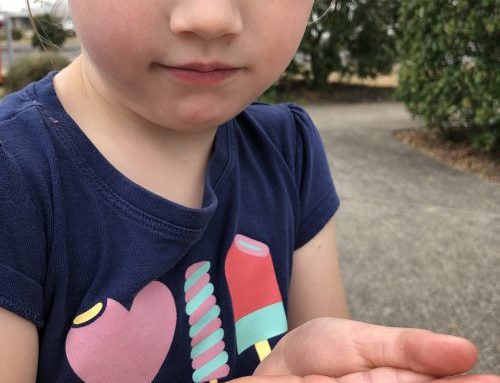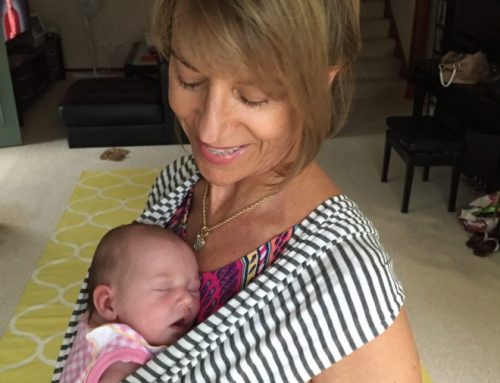Fully breastfed infants start to need other foods at around six months. By then they have run their stores of iron down and also need to supplement the vitamin D in their diet. Also breastmilk (and formula) is relatively low in protein, which is suitable for babies, but the growing infant now needs more.
Back in the day, the often-recommended first food was baby rice. We now recognise that early taste experiences program our babies’ food preferences for later, so processed refined rice flour, which is a world away from real food, and is now no longer recommended. Better to give pureed vegetables, fruit and multi-grained cereal perhaps mixed with milk (breast or formula) to the expectant mouth. As soon as these are accepted the little one can then move on to meat, fish, and eggs and other general foods.
When we introduce a new food, babies are often wary about foods they’ve never seen before. It seems that most families try a refused food about 2-3 times and if it is not accepted they give up. Studies show that it might take 8-15 times before the food is accepted – so it is really worth pursuing if you want to broaden your babies’ palate.
Make sure the food is not too salty. Babies don’t need intense flavour, and it’s not a habit that you should encourage. Also avoid sweet foods (much as they are loved) as too many empty calories is the bane of the ‘Western diet’ which is killing us all from obesity, hypertension and metabolic disease.
Do you remember when your mother told you to eat slowly? She was on to something. Studies show that the emergence of obesity seems to occur more often in the gobblers, rather than the grazers. So encourage a leisurely eating style and don’t hassle the slow eater.
Once established, a food preference can be instantly obliterated by an aversion incident. So don’t be surprised if the food taken before a bout of vomiting and diarrhoea is refused from then on.
What does encourage the early appetite? Delicious aroma, colourful foods and happy mealtimes around the family table. There, ever observant, they tend to copy the choices of their mother or other family members.
Regarding toddlers I have two pieces of advice:
- Try to avoid feeding them on their own. Imagine how you would feel if your mother gave you your meal then just sat in front of you, anxiously watching you eat….
- Show no emotion at all about whether they eat, or how much.
Toddlers quickly figure out if there is currency in refusal. They can cash it in for more attention by just keeping their mouth shut. Remember that no healthy child has ever starved in the presence of food. So no food-forcing. Ever.










Hi Dr Chilton
I have an exclusively breast fed 8 month old who isn’t really taking to solids at all. She’s offered a wide variety of foods and in a variety of forms (finger food, purée, small pieces, food from our plate etc) with little success. Any tips or guidance?
With thanks
Yes, keep offering, keep not caring how much he eats! Keep an eye on his iron level (or rather, whatever you offer let it be iron rich) but otherwise let him run the show.
Hi Dr Chilton, would you ever recommend reducing frequent breastfeeding in order to increase appetite for solids? My son is 10months, has a moderate ASD and CMPI. He is EBF on demand and probably still breastfeeding 7 times in 24hrs plus additional snacky 1min feeds. His weight gain has stalled and he is dropping percentiles. He eats small amounts but most ends up on the floor! Our paed & dietician have both now suggested we try to reduce breastfeeds to 4/5 in 24hrs, particularly stopping the snacky feeds. We are now also offering more protein/fat/carb rich foods. Would love to know if you think reducing breastfeeding to increase solids intake is appropriate advice given the circumstances. Thanks so much.
It might be worth a try but I wouldn’t pursue it too hard. If a very gradual decrease in BF works, okay but if you still get resistance I would stop. You can then try again in a couple of months. But take notice of your paediatrician who knows him (better than me!)